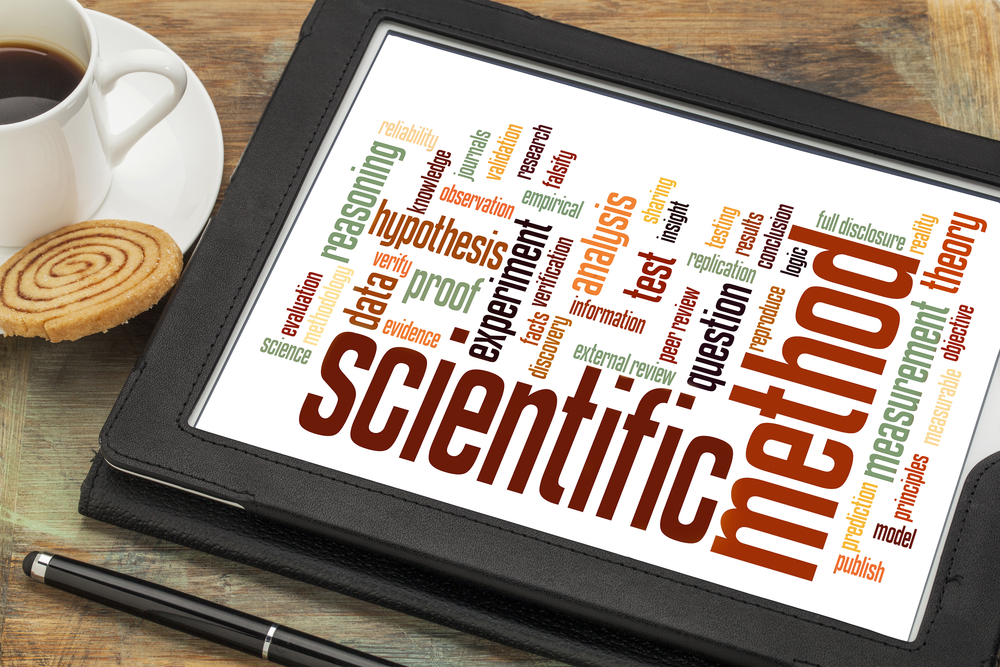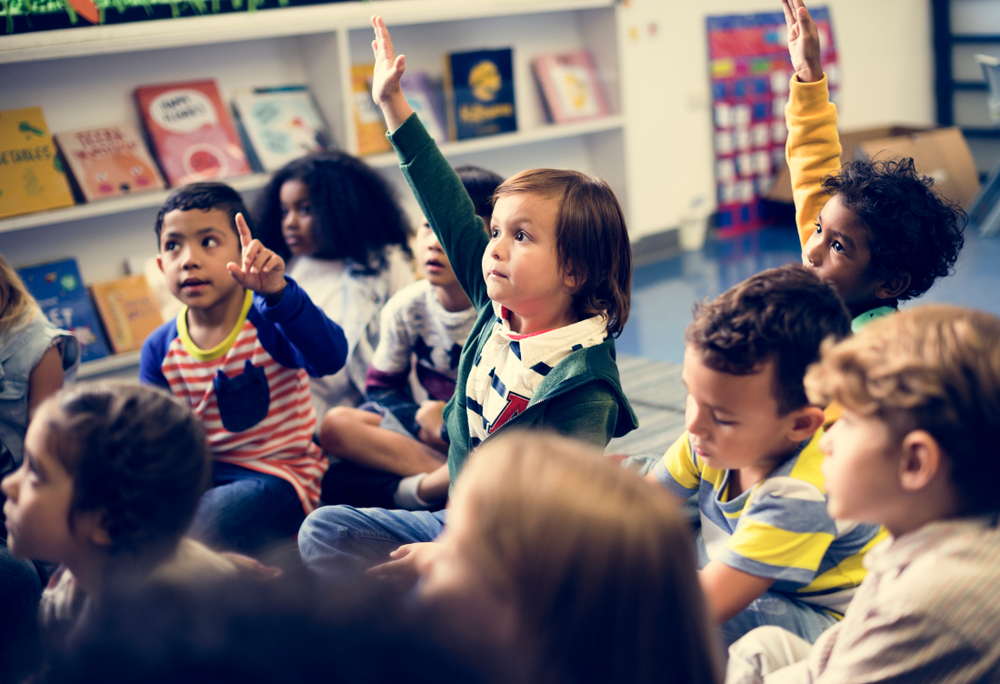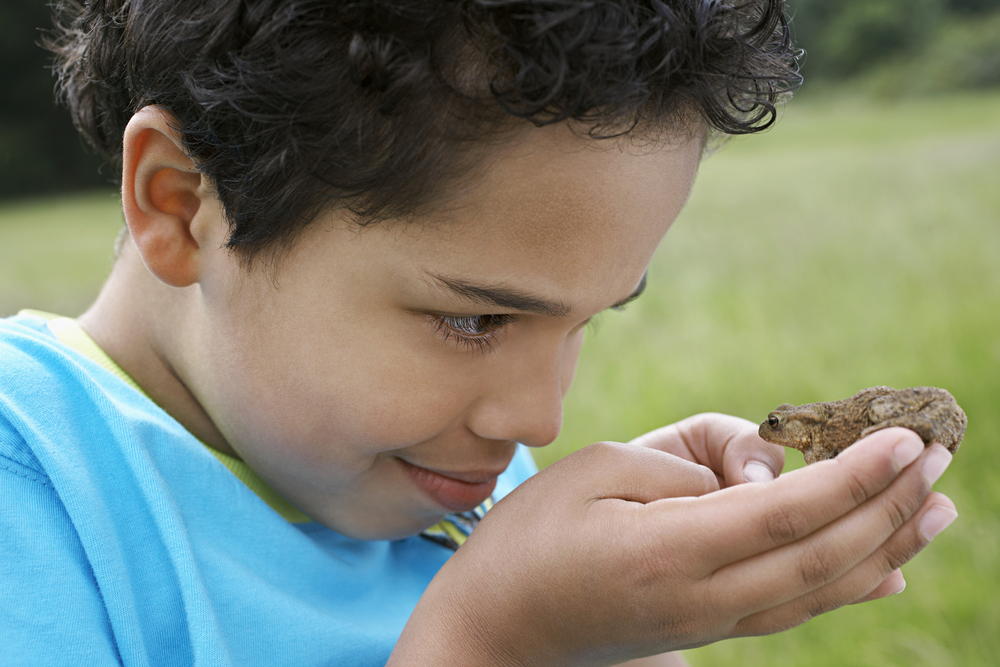Problem-Solving Skills Science Worksheets for Ages 8-9
11 filtered results
-
From - To
Enhance your child's problem-solving skills with our engaging Science Worksheets designed specifically for ages 8-9. These worksheets encourage critical thinking and creativity while exploring essential scientific concepts. Children will tackle a variety of problems through interactive activities, fostering a deeper understanding of science. Each worksheet includes captivating visuals and real-world scenarios to inspire curiosity and analytical thinking. Perfect for classroom settings or at-home learning, our resources help kids develop essential skills for future academic success. Make learning fun and effective with our thoughtfully crafted problem-solving worksheets, designed to ignite a passion for science in young minds. Explore today!
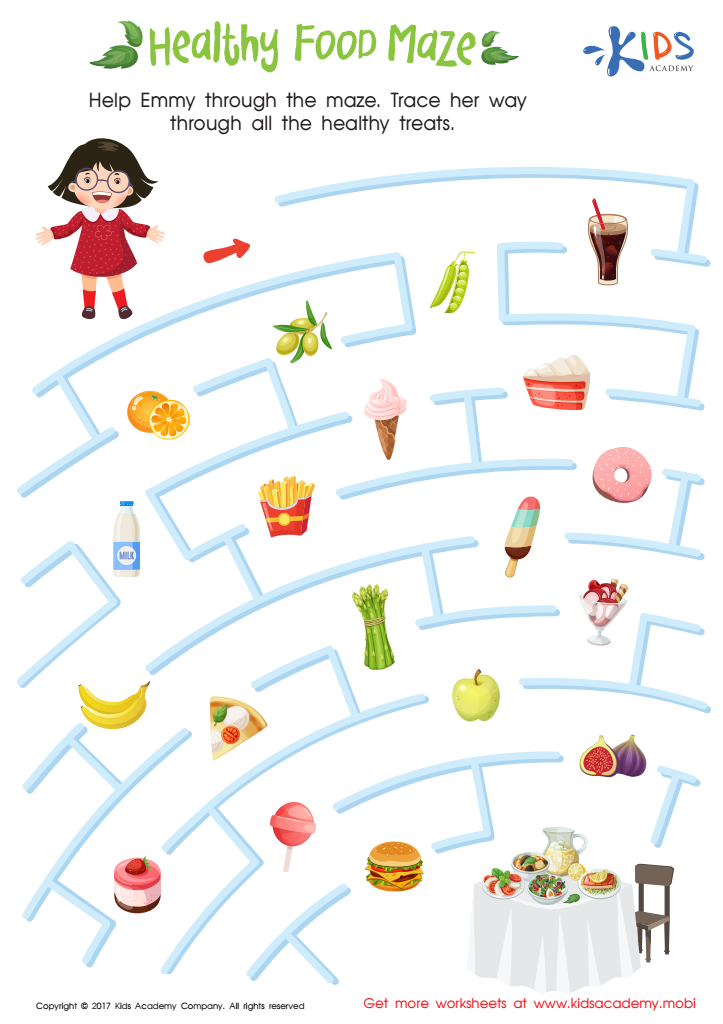

Healthy Food Maze Printable
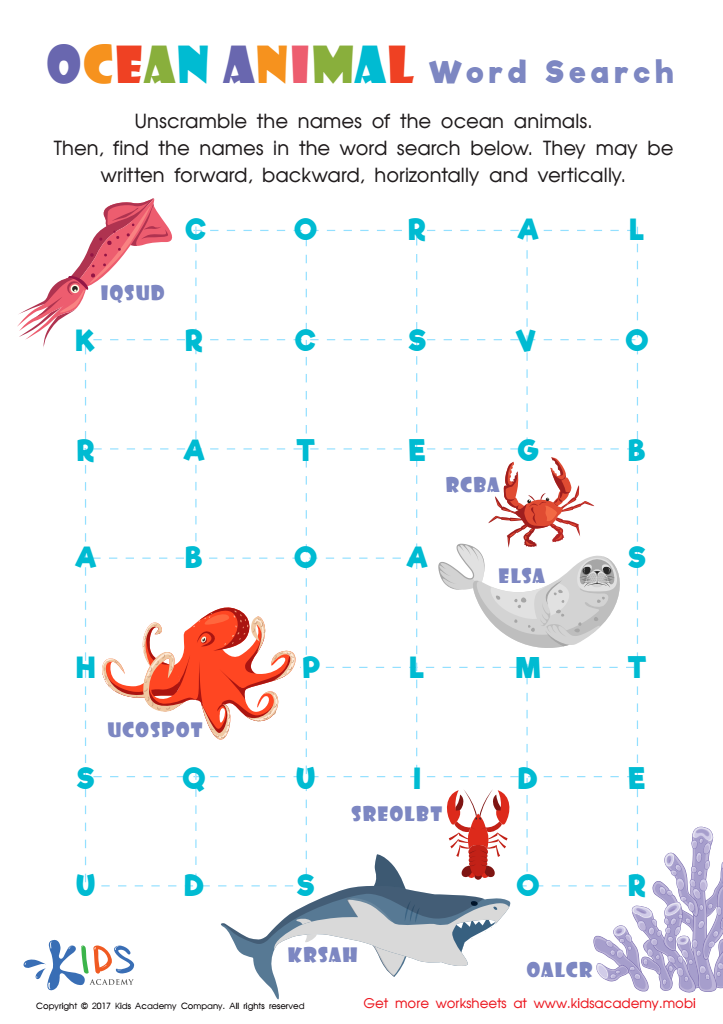

Ocean Animals Word Search Printable
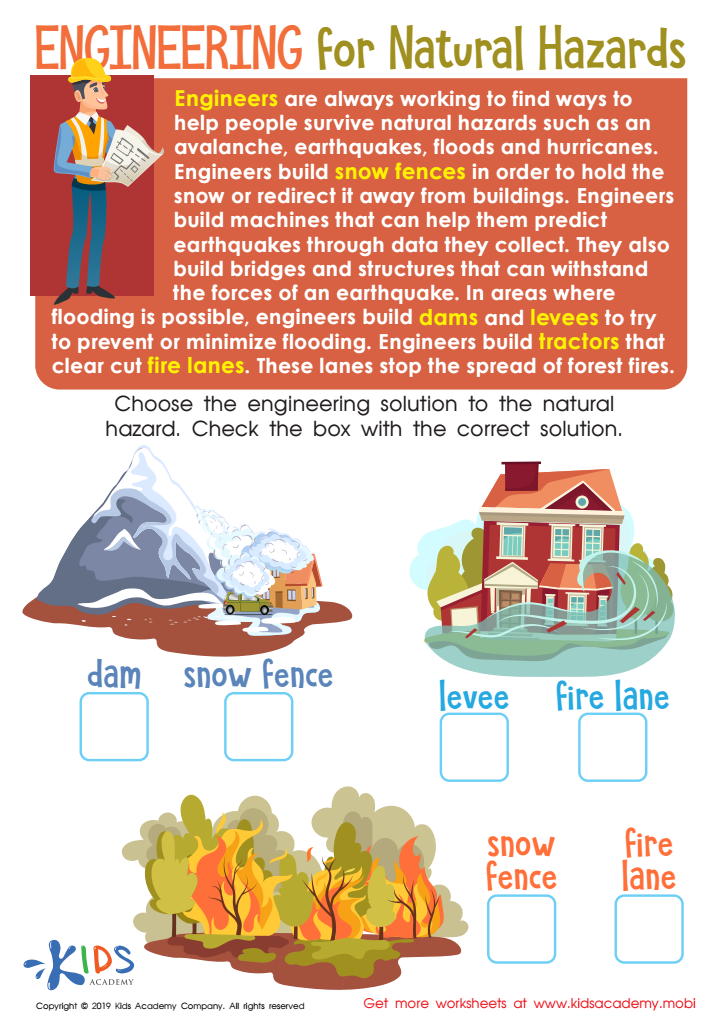

Engineering Natural Hazards Worksheet
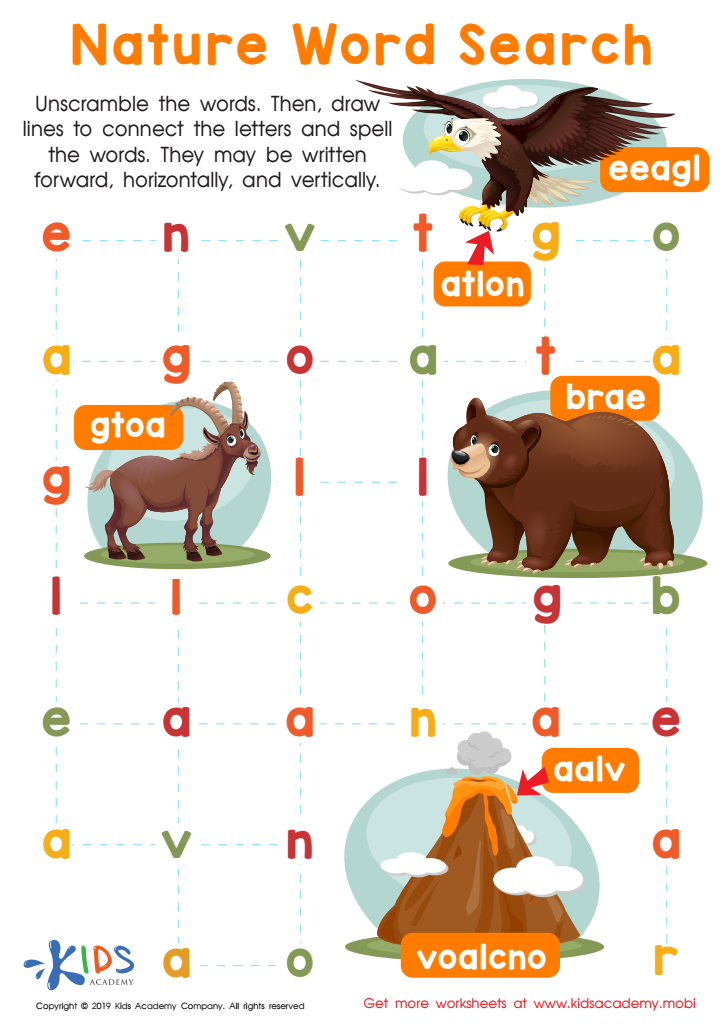

Nature Word Search Worksheet
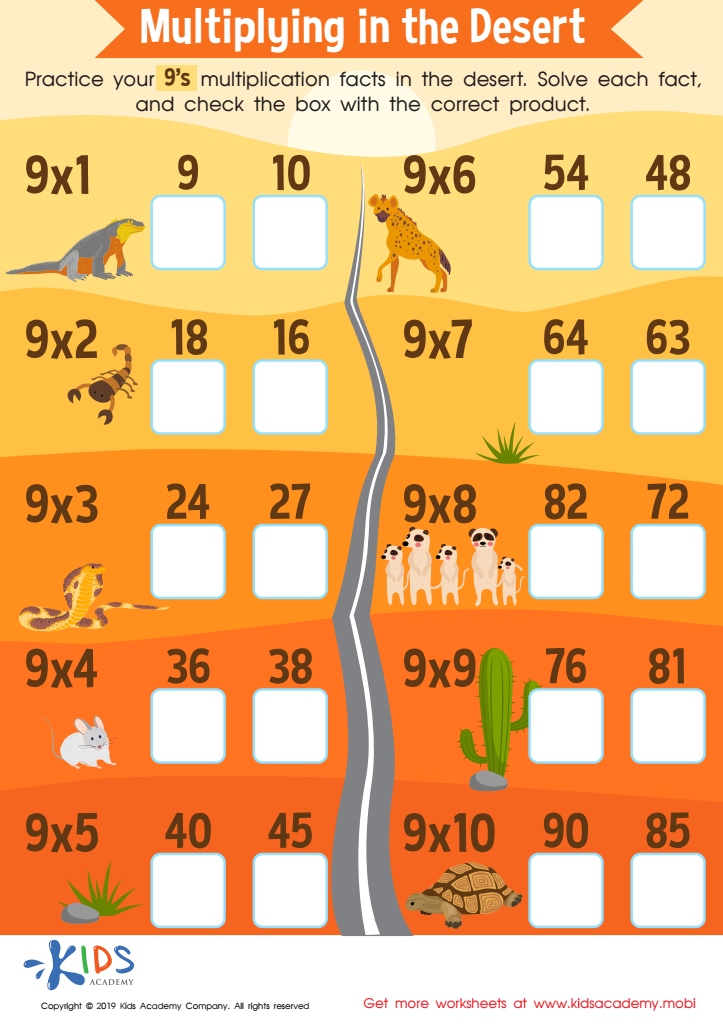

Multiplying in the Desert Worksheet
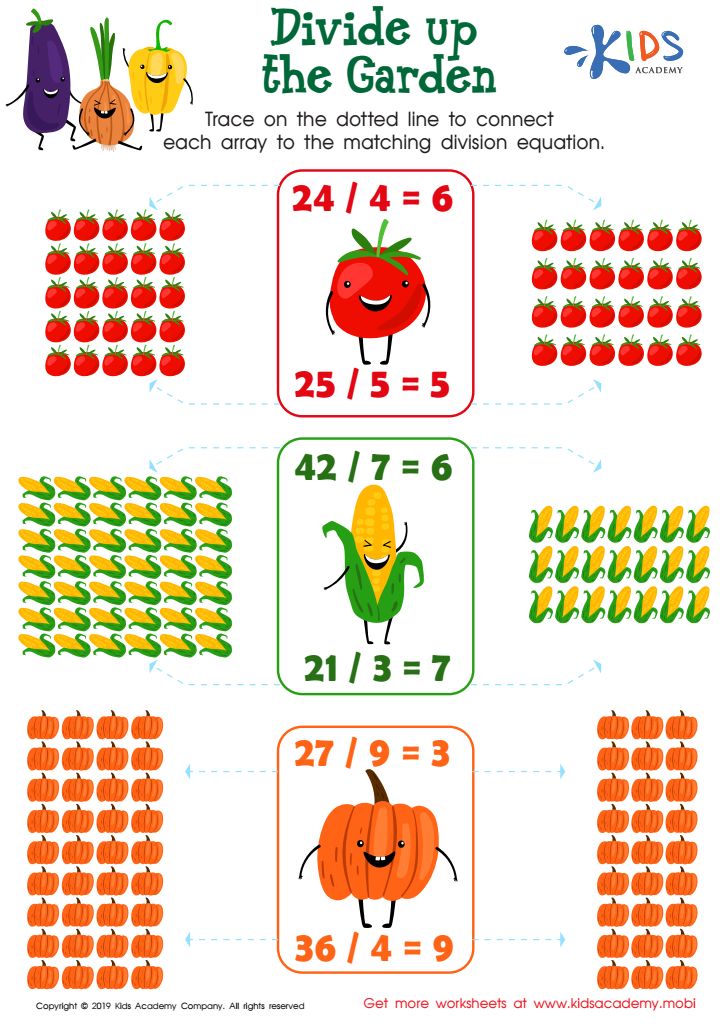

Divide up the Garden Worksheet
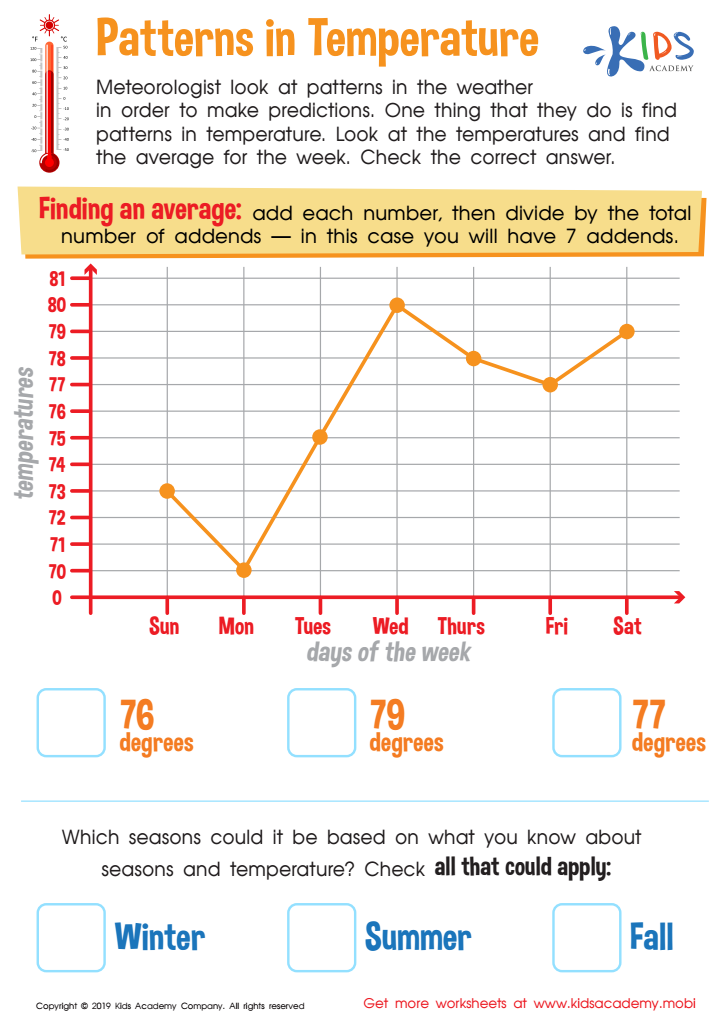

Patterns in Temperature Worksheet
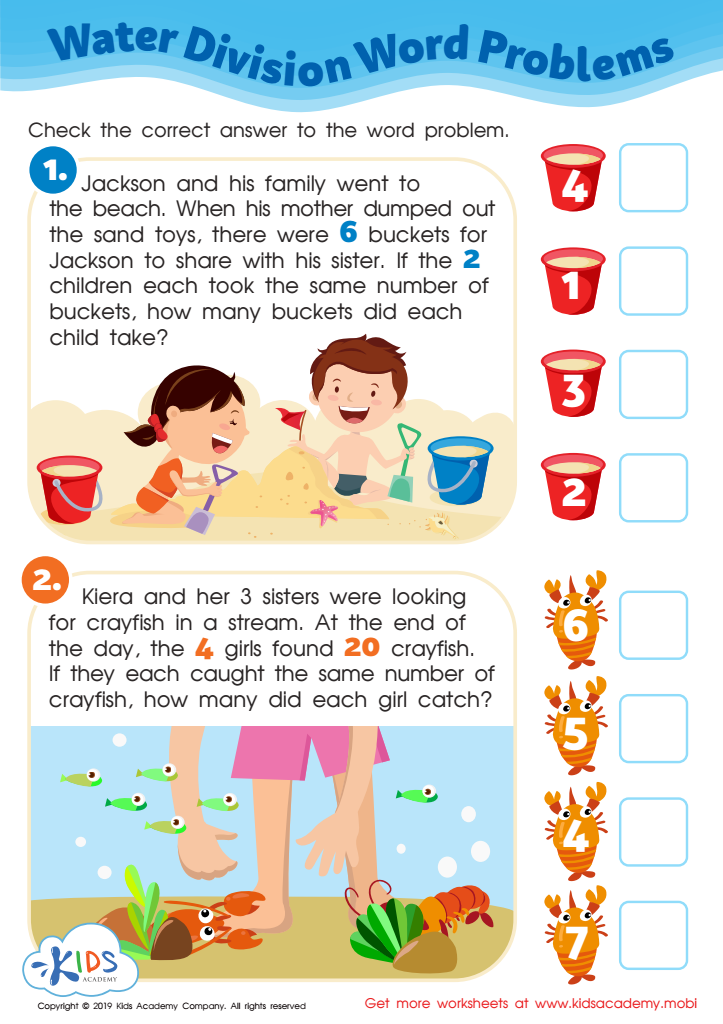

Water Division Word Problems Worksheet
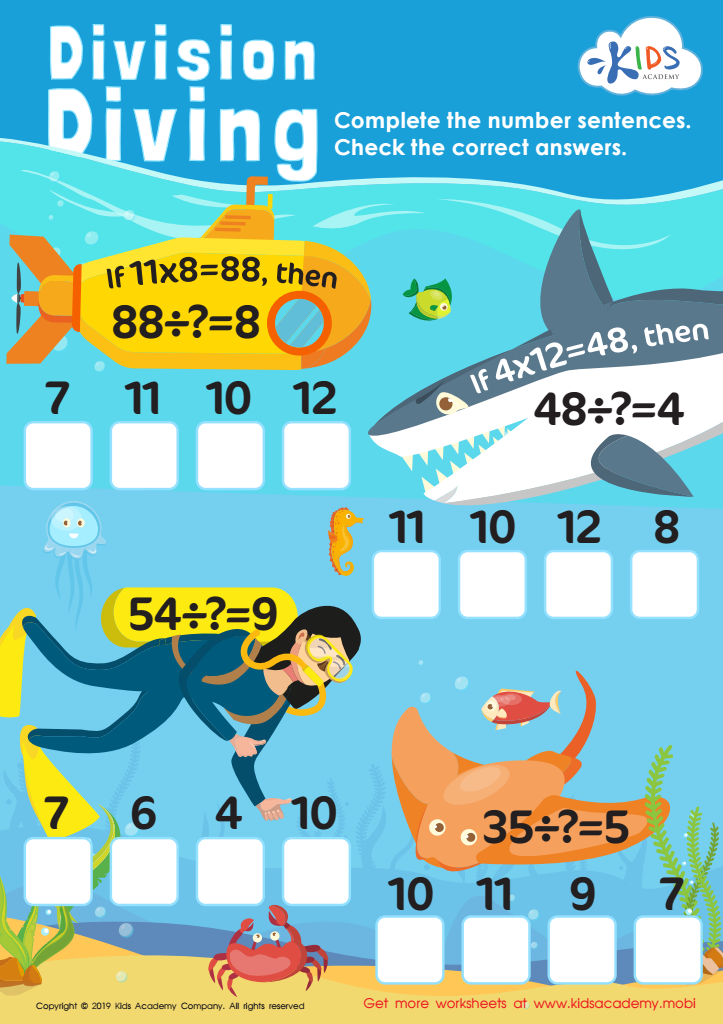

Division Diving Worksheet
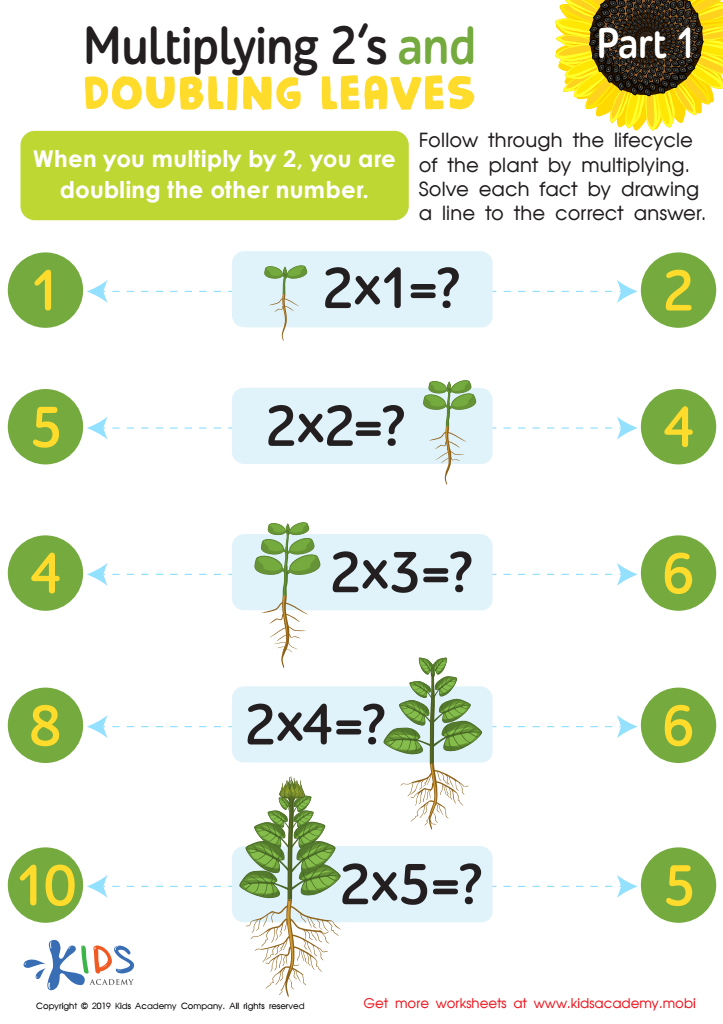

Multiplying 2’s and Doubling Leaves Part 1 Worksheet
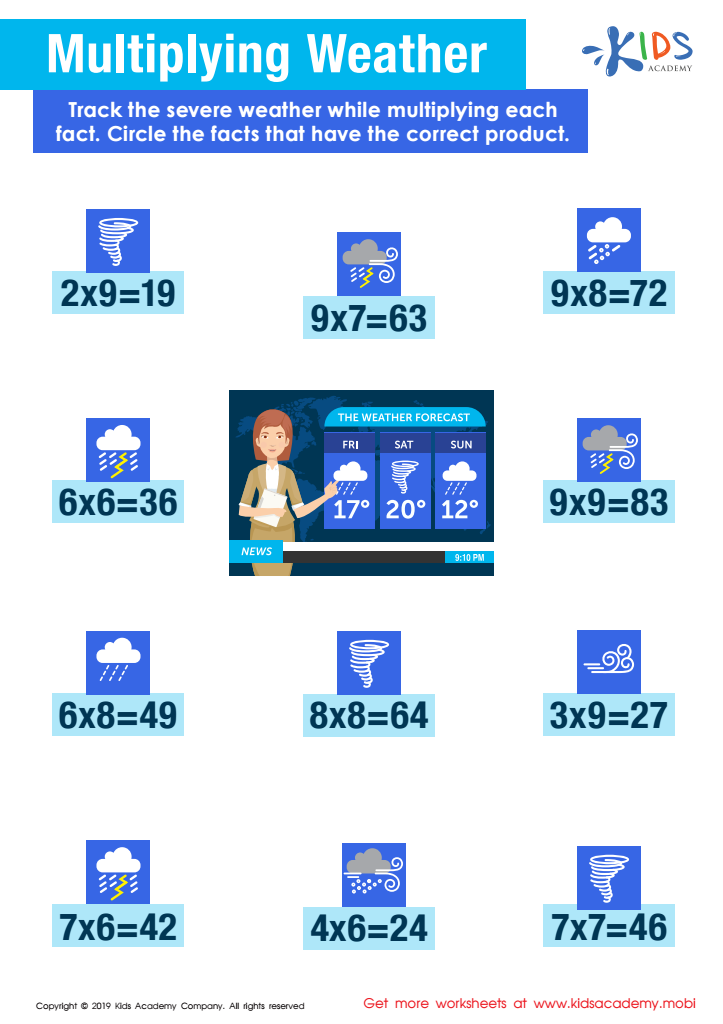

Multiplying Weather Worksheet
Problem-solving skills are crucial for children aged 8-9 as they lay the foundation for critical thinking and independent reasoning. In this developmental stage, children start transitioning from concrete to more abstract thinking. Engaging them in problem-solving science activities nurtures curiosity, encouraging them to ask questions and explore the world around them.
For parents and teachers, fostering these skills can significantly enhance a child's academic performance and emotional intelligence. When children tackle scientific problems, they learn to approach challenges systematically, devise solutions, experiment, and reflect on their outcomes. This iterative process not only builds resilience but also instills a love for learning.
Moreover, problem-solving skills learned through science are highly transferable. They equip children for future academic subjects, from math to technology, and prepare them for real-world challenges by fostering innovation and creativity. As society increasingly values critical thinkers, both parents and teachers should prioritize cultivating these skills, ensuring children are well-prepared for a complex world.
Encouraging an environment where problem-solving is a fun and regular part of the learning experience also reinforces teamwork, communication, and collaboration—essential skills for success in both academic and social settings. Ultimately, investing in these skills benefits not just individual children but society as a whole.
 Assign to My Students
Assign to My Students




